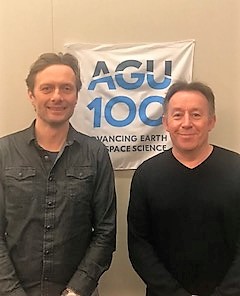Refine
Date Range Clear
Recorded by Clear
Keywords Clear
- volcanolgy 167
- Venus 167
- Future 167
- NASA 61
- #AGU100 167
- #AGU 164
- discovery 58
- #womeninscience 29
- Advice 27
- Collaboration 22
- 388 more
Partnerships Clear
- No matching terms.
Organizations Clear
- American Geophysical Union 36
- National Aeronautics and Space Administration 8
- The American Geophysical Union 4
- American Geopysical Union 3
- NASA 2
- 12 more
Places Clear
- Washington DC 170
- AGU Fall Meeting Program Commitee 4
- AGU 2018 Fall Meeting 159
- Leadership Development Commitee 2
- AGU 100 Fall meeting 1
- 4 more
Languages Clear
- No matching terms.
Initiatives Clear
- No matching terms.
Bärbel Hönisch, Associate Professor of Environmental Sciences at Columbia University also known as Queen of Boron, transported us millions of years beyond the ice cores to the realm when Greenland had no ice. She took hold of a magical instrument...
Mary Hudson and Bill Lotko are both professors at Dartmouth University and researchers at the National Center for Atmospheric Research. Both study space physics, with Mary focusing on Van Allen radiation belts, and Bill looking at interactions between the magnetosphere...
Clouds are among the most unpredictable components of climate models. But Norman Loeb is working hard to sort out the shape of cloud patterns in order to improve the accuracy of long-term weather predictions. As far as understanding how all...
Brian Day, of NASA’s Solar System Exploration Virtual Institute, leads a group of scientists in visualization and analysis of spacecraft data. Brian was taught that there’s no water on the moon, there’s no atmosphere on the moon, and the moon...
Kristen Erickson, Director of science engagements and partnership, recently helmed NASA’s efforts to involve over 154 million adult Americans with direct participation with the 2017 total eclipse – the largest engagement effort in NASA history. But in her more than...
Putting up tall PVC pipes with pointy sensors to measure electrical fields in an approaching lightning storm may seem reckless, but it’s all part of the job for Timothy Lang. The NASA research scientist spends a lot of time in...
In the mid-2000s, a small group of leaders at AGU, including Peter Fox, Rensselaer Polytechnic Institute, saw an opportunity to shape or reshape how geoscientists work together under a new cross-cutting discipline. As a result, “Earth and space Science Informatics”...
Hal Maring once risked his life for a box of fog. The physical scientist at NASA Headquarters was once on a New Zealand research cruise in the Tasman Sea when the vessel hit bad weather. They took down some of...
Laurie Brown, Professor Emeritus at the University of Massachusetts, has been a member of AGU for 46 years. She shares her observations on the growth of paleomagnetism at AGU and its importance in helping address climate. She also discusses how...
Jack Kaye, associate director for research at NASA's Earth Science Division, discuss his origins as a chemist and earth scientist, and how he was recruited to Goddard to be a chemist among meteorologists. "My boss would advertise me as his...
Jacob Bleacher has spent a great deal of time preparing for Mars and the moon, even though he has never left the Earth’s orbit. The research scientist at Goddard Space Flight Center is currently on detail at NASA Headquarters as...
Elizabeth Rampe, a mineralogist, studying Mars at the NASA Johnson Space Center, shares about her life and work. She focuses on minerals on the surface of Mars which formed from water-rock interactions, which have the potential to show billions of...
Shelby Hurst grew up in northern Michigan where she spent plenty of time poking at and asking questions about the rocks in her grandparents’ backyard, which eventually led her to a PhD in geochemistry. She discusses the importance of women...
Thomas Wagner, NASA's Program Scientist for the cryosphere, discusses how his life has developed to study the Arctic and Antarctic. Even though as a student he initially found himself bored by studying glaciology, he soon discovered a passion for polar...
Michael MacCracken, chief scientist with the Climate Institute came to Washington, DC supposedly for one year, to help ten different agencies involved in climate research to work better together. He stayed for nine years, becoming the liaison to Vice President...
How can scientists tell the story of science so that the public listens and understands? Dwayne Brown is the Senior Communication Officer for the Science Directorate at NASA and works with hundreds of scientists to communicate their ideas on television,...
Glenn Orton, a senior research scientist at the Jet Propulsion Laboratory, discusses his career exploring the outer Solar System that started with the Pioneer 10 and 11 missions, and extended forward to Cassini and more recently Juno. Interested in space...
Michele Koppes and Heidi Roop met “on an incredible landscape on the edge of the Greenland ice sheet about two years ago.” The conversation that followed made both of them think more closely about the value of science communication and...
For the last 14 years, Gari Mayberry has put her volcanology background to work as a disaster response coordinator at USAID. Disasters come in many shapes and sizes so that specialty is a start, but often Gari finds herself connecting...
Linda Geiser and Peter Nelson tell their own stories and reflect on the impact they’ve had on each other lives. They’re both currently with the US Forest Service but first met when Linda hired Peter after he finished university to...
Ana Jeleapov studies landscape geography and hydrology at the Institute of Ecology and Geography in Moldova. She and a small team of scientists are trying to decrease flooding in Moldova. “Floods are a natural phenomenon” with sometimes deadly impact on...
Amber Soja’s career is on fire. The resident at NASA’s Langley Research Center studies fire regimes and how they are being affected by climate change. “Every fire season is worse,” she says, adding that the changing fire regime is proof...
Michael Meyer, NASA's Chief Scientist for the Mars Exploration Program, talks about his life and work in science. As a teenager working as a deckhand on a treasure diving boat in Florida, he was hired to replace some fired divers...
Sarah Vines and Robert Allen once drove twenty hours to see a spaceship launch. Now, Sarah and Robert are married, post-doctoral students working in the laboratories of Johns Hopkins University. Sarah researches how magnetic fields form, and what earth’s magnetic...
A conversation between student and professor, this discussion reveals the subtle dynamics between good friends, even when they outwardly seem to be very similar. Lee Slater met Andrew Binley when the former asked the latter for a job at Lancaster...
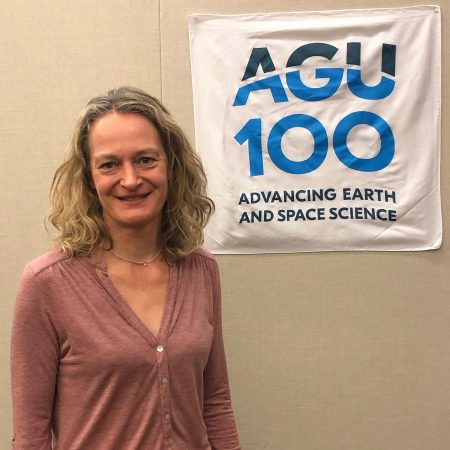
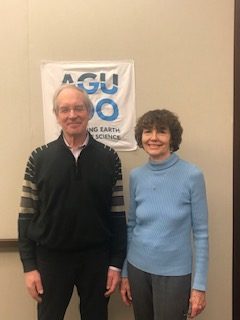


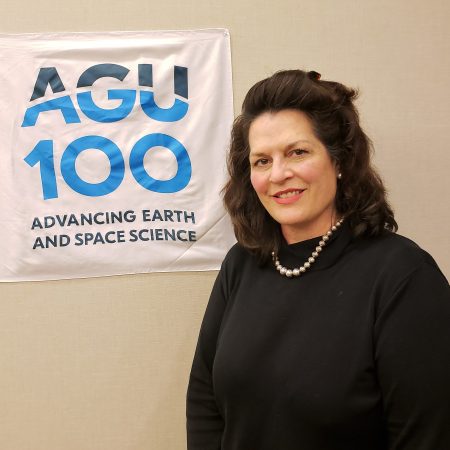

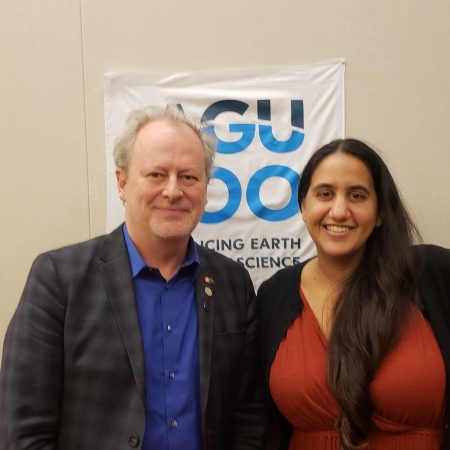
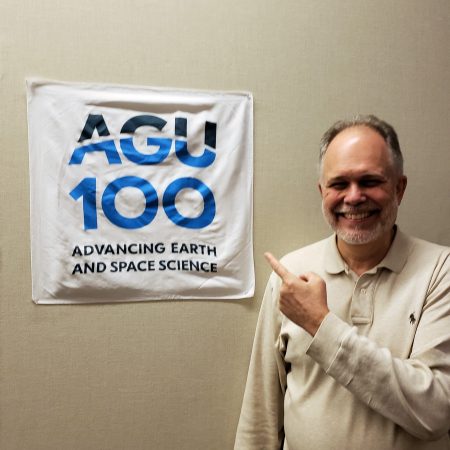
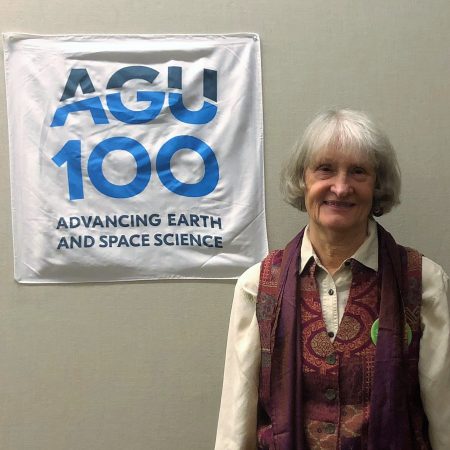

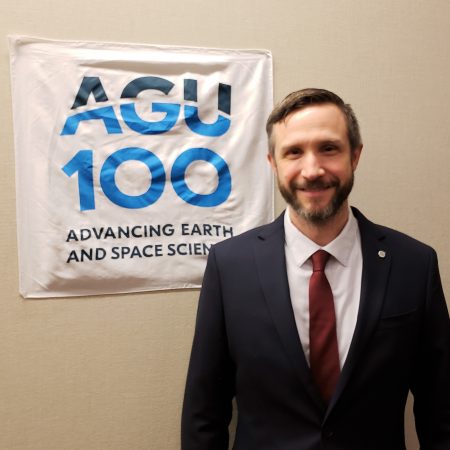

![“I enjoy knowing that a lot of people do care about [the climate] and they care to learn about it.” an interview with Shelby Hurst](https://archive.storycorps.org/uploads/2019/07/Shelby-Hurst-crop-450x450.png)
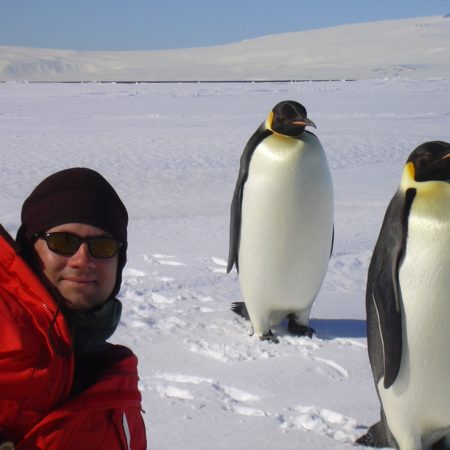
![If you're complaining, you better come back here and try and help us [with climate change policy]." an interview with Michael MacCracken](https://archive.storycorps.org/uploads/2018/12/101218MichaelMacCracken-450x450.jpg)
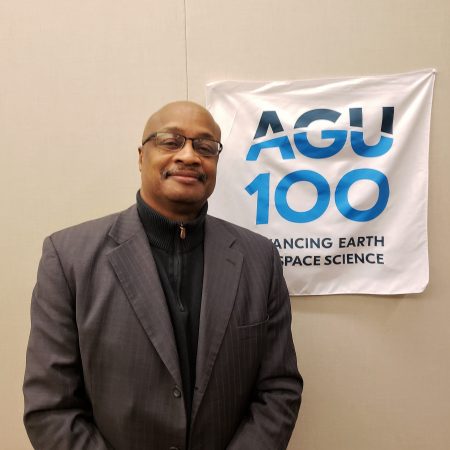

![“How is it that we collect stories [and] create spaces for those stories to be told?” An interview with Michele Koppes and Heidi Roop](https://archive.storycorps.org/uploads/2019/07/181212_Koppes-and-Roop_Booth-450x450.jpg)
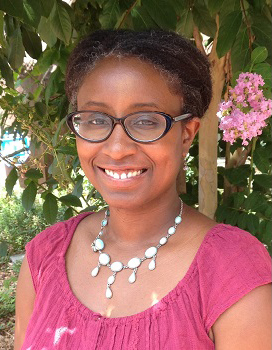
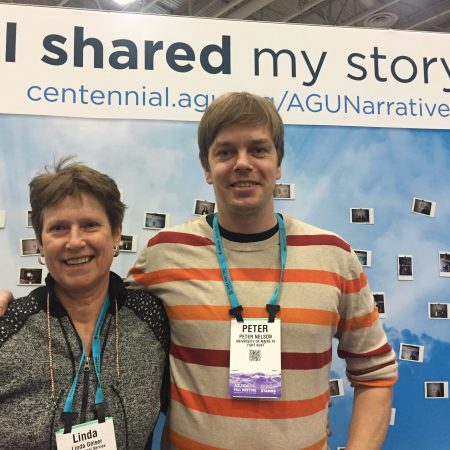
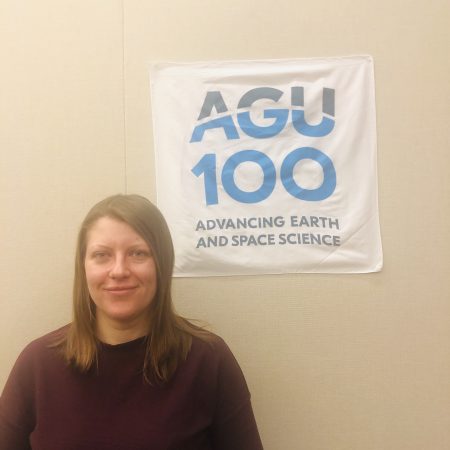

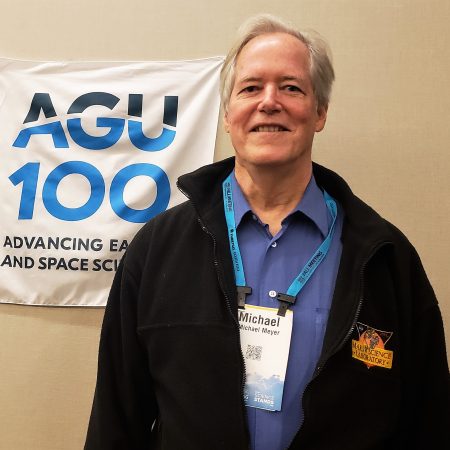
!["[Science] lets us imagine things we hadn't thought possible." an interview with Sarah Vines and Robert Allen](https://archive.storycorps.org/uploads/2019/07/Sarah-Vines-w-Robert-Allen.jpg)
